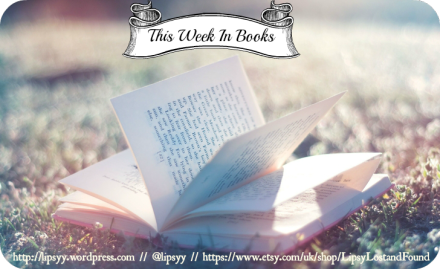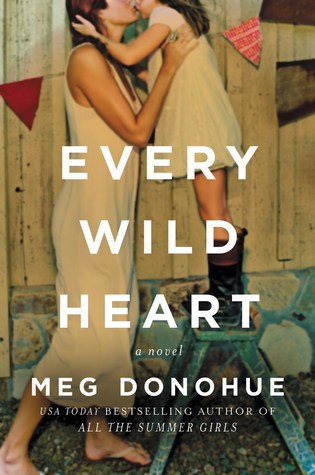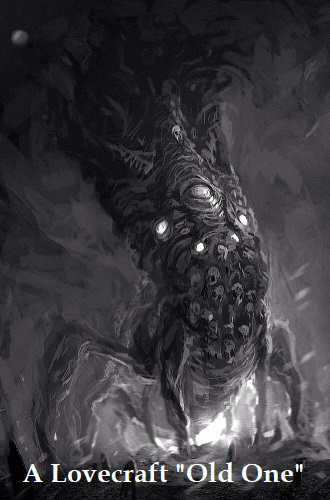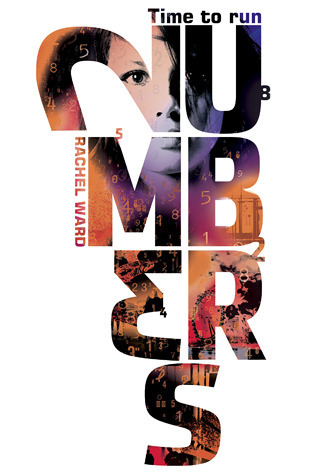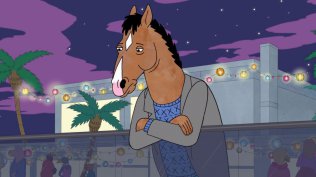 On paper, BoJack Horseman seems somewhat derivative.
On paper, BoJack Horseman seems somewhat derivative.
A Hollywood satire about a faded sitcom star hoping to reclaim former glories? That’s HBO’s The Comeback. An alcoholic haunted by his past and locked in a cycle of self-destructive behaviour that impacts his loved ones and coworkers? That’s AMC’s Mad Men. A mature animated series featuring an anthropomorphic cast of dysfunctional oddballs? That’s practically everything on Adult Swim’s schedule.
So it makes sense that critics would dismiss BoJack Horseman at face value when Netflix premiered its uneven first season in 2014. Aside from a stellar voice cast (featuring the likes of Will Arnett, Amy Sedaris, Alison Brie, and Aaron Paul) and sturdy jokes, the series wasn’t nearly as noteworthy or groundbreaking as the streaming giant’s buzzier shows. It was good, but not great, and in the Golden Age of Television, that’s far worse than being bad. Because why stick it out with a so-so show when there’s much better content practically everywhere else?
But then something happened. I’d say that something was the cold open of its second season.
As a young BoJack watches his childhood hero Secretariat discuss sadness on a late-night talkshow, his parents squabble over his father’s infidelities in the next room. Mr. Horseman storms out, and his mother Beatrix enters and blames BoJack for her unhappiness, before telling him that he better make something of himself.
And through this entire heartbreaking minute and a half, Raphael Bob-Waksberg and co. set the table for the season by seeding narrative information and, more impressively, layering jokes. Animal puns, jokes about dishes, jokes about the time period, and even jokes about Beatrix’s abusive behaviour are all woven into the fabric of a devastating portrayal of childhood abuse. It’s a tonal juggling act that shouldn’t really work, but does, and it’s a testament to the writing and performances. And it was a sign of what was to come.
This rejuvenated BoJack Horseman didn’t retool its central premise (as is often the case with the second seasons of many sitcoms), but deepened its commitment to its emotional landscape. Bob-Waksberg and his writers took the groundwork laid by that first season and reinforced it. They chose to dig deeper, doubling down on Bojack and his dysfunctional behaviour, getting to the heart of why he is so desperate to rekindle his career, the roots of his self-destructive cycles, and his inability to change. They decided to take the Hollywood satire further, exploring how the industry encourages self-destructive behaviour by peddling false promises, exploiting young performers, and creating predatory relationships.
They also took the more predictable relationship configurations and character types of the first season and blew them up, with an exacting look at Diane, Mr. Peanutbutter, Princess Carolyn, and Todd. The show goes into their histories, hopes and dreams, and how their relationships with BoJack (and each other) either challenge or contribute to their respective worldviews. Actions have consequences, and dynamics shift with each step forward and backward.
It is incredibly impressive.
And in exploring the pathos of this washed up sitcom actor and his friends in a fictional “Hollywoo,” the series interrogates the human condition at large. The ways in which we sabotage our own happiness, or mistreat the people we love. The lasting impact of abuse, and how it filters through generations. Realistic, groundbreaking depictions of depression, dementia, and drug and alcohol addiction. The many challenges an individual faces on the road the recovery. It’s all there.
I mention Mad Men above, but BoJack Horseman went from seeming like a derivative version of that series to a contemporary companion piece to it. Matthew Weiner’s series presented a cast of deeply flawed people searching for meaning while exploiting that very search through the world of advertising. (I mean, has there ever been a more appropriate series finale moment ever than that seamless transition between Don Draper’s yoga enlightenment to the infamous Coca-Cola ad? Like, holy crap.)
But while Weiner’s series was more cynical and tended to give business and humanity equal weight, Bob-Waksberg’s series foregrounds the human condition and, most importantly, the need for hope. The humanity in its characters and their ability to break the cycle is the show’s real heart, even if most of those characters aren’t human and they make many of the same mistakes again and again. Because, ultimately, they get back up and keep going.
Oh, and there are goofy animal puns. And Hollywood jokes. And a half-hour runtime.
Is it wrong to find that even more impressive?
Share this:
